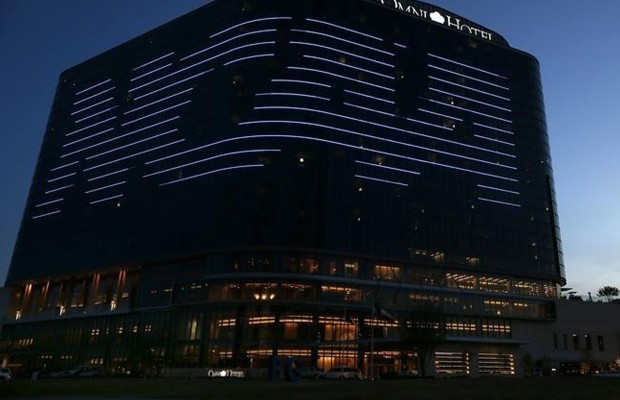-
Tips for becoming a good boxer - November 6, 2020
-
7 expert tips for making your hens night a memorable one - November 6, 2020
-
5 reasons to host your Christmas party on a cruise boat - November 6, 2020
-
What to do when you’re charged with a crime - November 6, 2020
-
Should you get one or multiple dogs? Here’s all you need to know - November 3, 2020
-
A Guide: How to Build Your Very Own Magic Mirror - February 14, 2019
-
Our Top Inspirational Baseball Stars - November 24, 2018
-
Five Tech Tools That Will Help You Turn Your Blog into a Business - November 24, 2018
-
How to Indulge on Vacation without Expanding Your Waist - November 9, 2018
-
5 Strategies for Businesses to Appeal to Today’s Increasingly Mobile-Crazed Customers - November 9, 2018
Win for NCAA: Court Strikes Down Compensating College Athletes
A federal appeals court agreed Wednesday that the NCAA’s use of college athletes’ names, images and likenesses in video games and TV broadcasts violated antitrust laws but struck down a plan to allow schools to pay players up to $5,000.
Advertisement
In its ruling on Wednesday, the 9th U.S. Circuit Court of Appeals ruled that the NCAA must permit schools to provide student-athletes sums covering up to their cost of attendance. But the panel threw out the judge’s proposal that NCAA members should pay athletes $5,000 per year in deferred compensation, stating that compensation for the cost of attendance was sufficient. The so-called “O’Bannon case” is named after the lead plaintiff, Ed O’Bannon, a former UCLA basketball star.
“It means that, moving forward, the NCAA can’t assert blanket antitrust immunity for its player eligibility rules, as those will instead be judged under antitrust law”, said Nathaniel Grow, a University of Georgia law professor specializing in sports law.
SB Nation’s David Fucillo says an appeal to the Supreme Court could be a no-lose situation for the NCAA, as the court would likely rule fairly narrowly on this case if they side with O’Bannon, while a complete reversal would obviously be a win for the NCAA. Two dozen other athletes joined the suit. The NCAA argued that providing players with a share of that compensation would be antithetical to its mission of fostering amateur sports. Earlier this year, the five most powerful conferences voted to allow colleges to offer athletes the full cost of attendance, an amount typically several thousand dollars more than previous scholarship limits.
“In this case, the NCAA’s rules have been more restrictive than necessary to maintain its tradition of amateurism in support of the college sports market”, the panel wrote. The majority of college athletes do not go on to play professionally.
“I was an athlete masquerading as a student”, O’Bannon said in court.
Advertisement
Howard Mintz covers legal affairs.




























